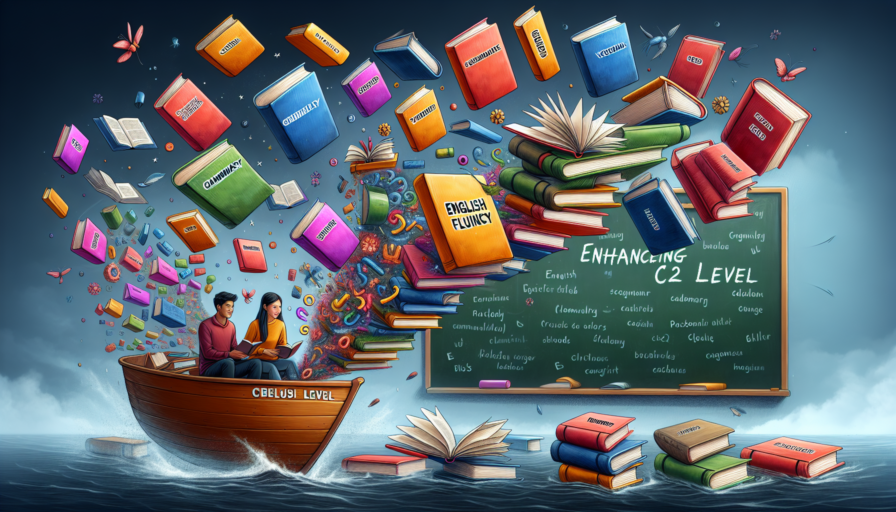
Contents
At Britannia School, we strive to provide a comprehensive understanding of the C2 level of English proficiency. This level, recognized as the highest in the Common European Framework of Reference for Languages (CEFR), signifies an individual’s mastery of the language. People who achieve this level can comprehend with ease virtually everything they read or hear, and they can summarize information from different spoken and written sources.
Experts at the C2 level of English proficiency are capable of:
To reach the C2 level of English proficiency, learners must engage in extensive exposure to the language. This includes immersive experiences in listening, speaking, reading, and writing. Activities that enhance fluency and comprehension, such as discussing abstract ideas or analyzing literature, are crucial. We believe that achieving this level not only opens doors for academic and professional advancements but also enriches personal growth and cultural understanding.
At Britannia School, we understand that achieving English fluency requires consistent effort and effective practice techniques. One of the best ways we can enhance our learning experience is by incorporating engaging methods that not only make practice enjoyable but also reinforce our language skills. Here are some effective practice techniques we can utilize:
Implementing these effective practice techniques fosters a dynamic learning environment, allowing us to communicate confidently and fluidly. By integrating varied approaches in our daily routines, we can steadily improve our English skills while enjoying the journey towards fluency.
At Britannia School, we believe that immersive experiences play a pivotal role in achieving English fluency. By engaging with the language in real-life contexts, we can enhance our learning journey significantly. These experiences create an environment where we are not just passive learners but active participants in the language acquisition process. Here’s how these immersive experiences contribute to our fluency:
Furthermore, the effectiveness of immersive experiences lies in their ability to stimulate our learning processes. When we participate in activities such as role-playing, storytelling, or even traveling to English-speaking countries, we foster an interest in the language that goes beyond textbooks. This not only accelerates our proficiency but also makes the learning experience enjoyable. By embracing these methods, we move closer to achieving true English fluency.
At Britannia School, we understand that immersing ourselves in a language is vital for fluency and confidence. One of the best strategies we can employ is utilizing language exchange platforms for real-world practice. These digital spaces connect us with native speakers across the globe, allowing us to share our knowledge and engage in meaningful conversations. This approach not only aids in language acquisition but also develops our cultural understanding.
When we engage with others through language exchange platforms, we can:
Moreover, utilizing these platforms means we can practice our language skills anytime and anywhere. We can schedule sessions based on our availability, enjoy casual chats, or engage in structured lessons to align with our learning objectives. By incorporating language exchange platforms into our study routine, we are not just learning a language; we are actively using it in real-world contexts, which is essential for our progress.
At Britannia School, we believe that tracking progress is a critical component of enhancing our language skills. Measuring our fluency improvement not only motivates us but also helps us identify areas that require further attention. Here are several effective methods to evaluate our progress:
Additionally, utilizing digital tools can significantly boost our ability to monitor progress. Applications and websites designed for language learners often provide quizzes and exercises that track our scores over time. As we consistently engage with these resources, we can visualize trends in our fluency improvement and refine our learning strategies based on the data collected. In this way, we can make informed decisions about how and what to focus on in our language studies.